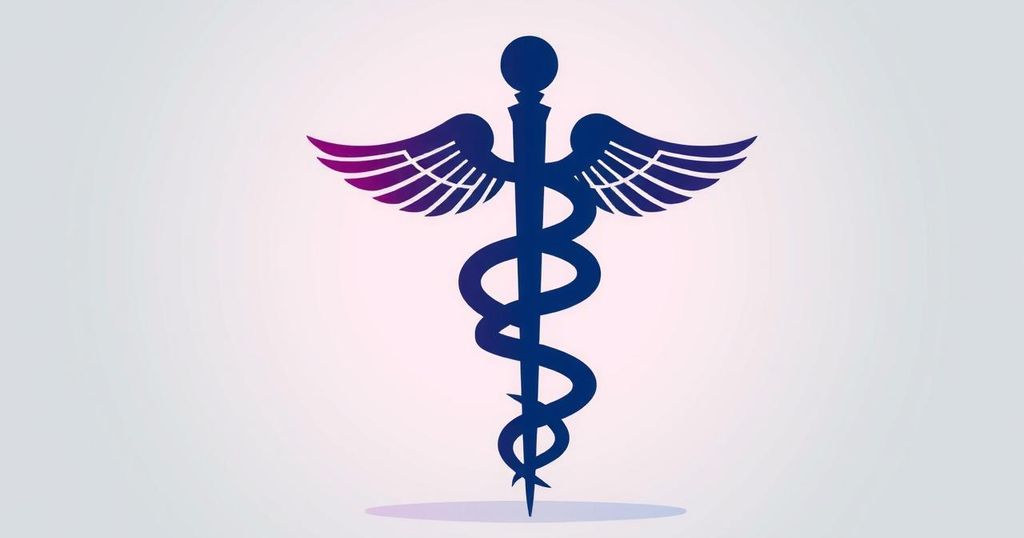Argentinian President Javier Milei declared that Argentina will withdraw from the WHO and ban hormone therapy for minors, citing a need for independence from WHO’s pandemic management. The administration plans to amend gender identity laws to prohibit treatments for those under 18. Milei emphasizes that such practices represent child abuse. The decisions reflect a shift towards traditionalist values, mirroring recent U.S. actions regarding transgender health policies.
On February 5, 2025, Argentinian President Javier Milei announced that Argentina will withdraw from the World Health Organization (WHO) and implement a ban on hormone therapy for minors. The decision to exit the WHO stems from disagreements over the organization’s handling of the COVID-19 pandemic and the perception of its influence on national health policies. Milei’s spokesman, Manuel Adorni, emphasized that the previous administration led the country into an extended lockdown, criticizing the WHO for its management of the situation.
Milei has drawn parallels between his stance and that of former President Donald Trump, who criticized the WHO for its alleged mismanagement and unfair financial demands. The Argentinian president described the WHO as “harmful” and accused it of facilitating a significant social-control experiment during the pandemic. As part of this withdrawal, Milei aims to prioritize autonomy in public health decisions.
Additionally, Milei’s government plans to prohibit hormone treatments and gender surgeries for individuals under 18, asserting that children lack the maturity to make decisions regarding irreversible medical procedures. This policy mirrors similar actions taken by Trump, who halted federal funding for gender transitions for minors on his first day in office. Milei argues that applying gender ideology in this manner amounts to child abuse.
Previously, Milei has expressed opposition to LGBT-focused policies, including the use of inclusive language in governmental communications. He has openly criticized the LGBT agenda, indicating that he seeks to combat what he views as excesses in gender ideology. This approach has included rejecting linguistic changes made to accommodate gender neutrality, which he considers unnecessary and damaging to societal norms.
Milei appears to advocate a more traditionalist viewpoint on gender and sexuality issues, distancing himself from progressive policies. His actions and statements suggest a broader cultural conflict, indicating a potential shift in Argentina’s approach to gender identity and public health. The implications of his administration’s policies could have significant effects on LGBTQ+ rights and access to healthcare for youth in the country.
The recent policy decisions by Argentinian President Javier Milei signal a marked shift in the country’s public health and social policy landscape. These changes are set against the backdrop of global discussions around the effectiveness and governance of the WHO, particularly during the COVID-19 pandemic. Moreover, the debate surrounding gender identity and minors’ rights has gained traction globally, with various political figures advocating for different positions on these issues. Milei’s actions reflect a broader ideological battle, as he positions himself against what he perceives as extreme interpretations of gender ideology and public health management.
Argentina’s withdrawal from the WHO and the ban on hormone therapy for minors under President Milei reflects a significant pivot in health policy and social conservatism. These decisions echo similar moves made by former U.S. President Donald Trump, signaling a potential international trend among right-leaning administrations to challenge established public health paradigms. As Argentina moves forward, the implications of these changes will likely resonate within the global discourse on health and social rights.
Original Source: www.washingtonexaminer.com






